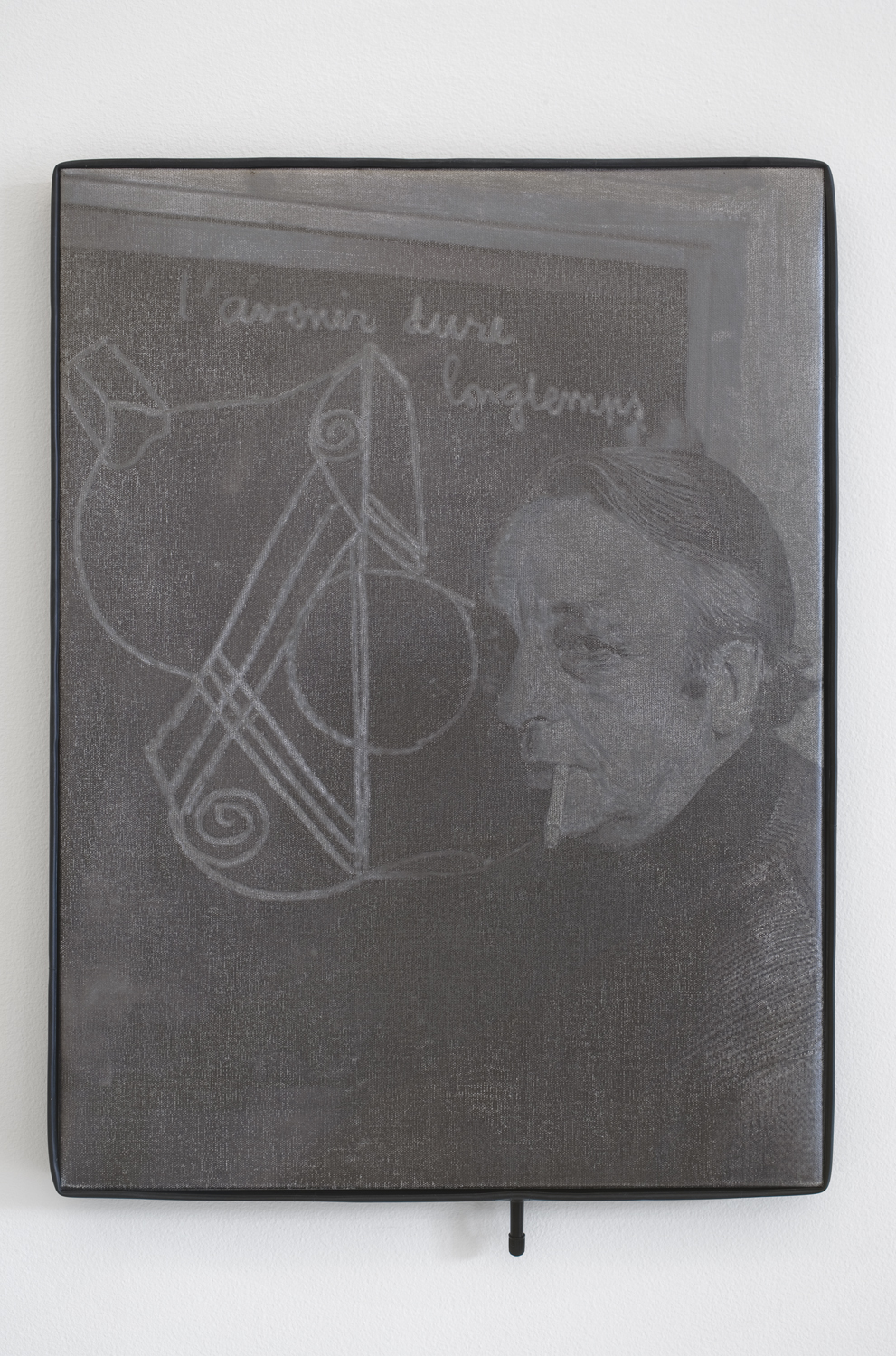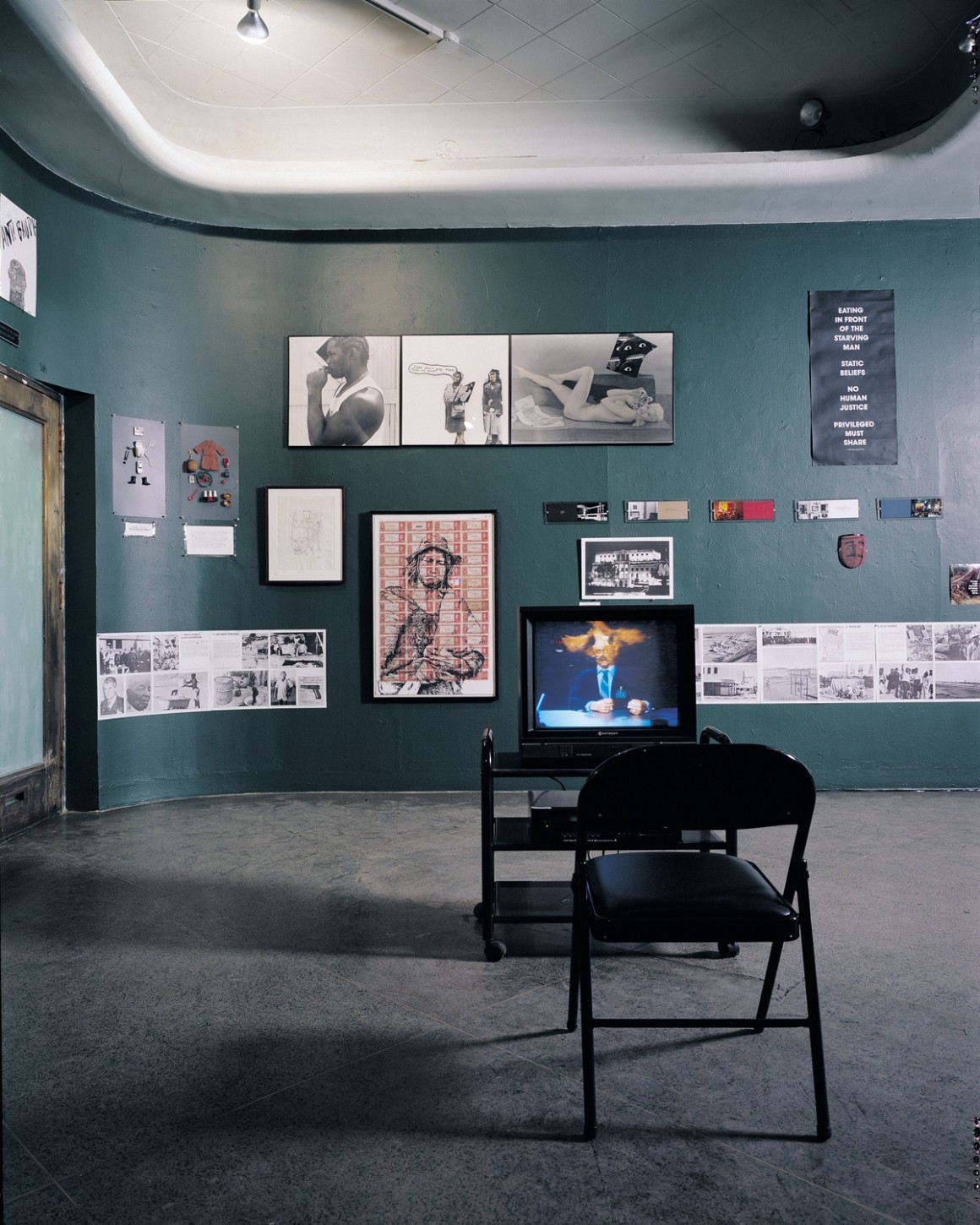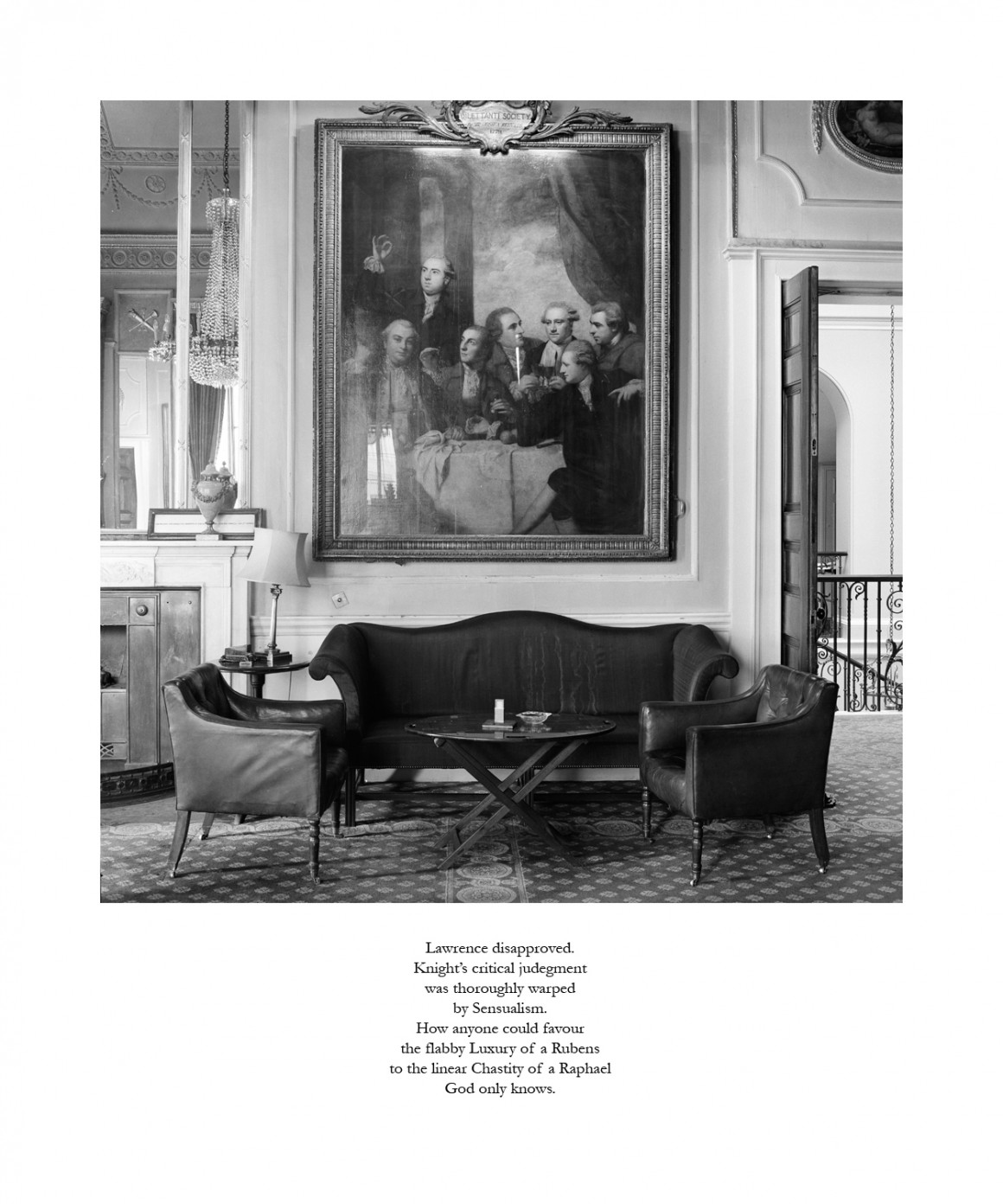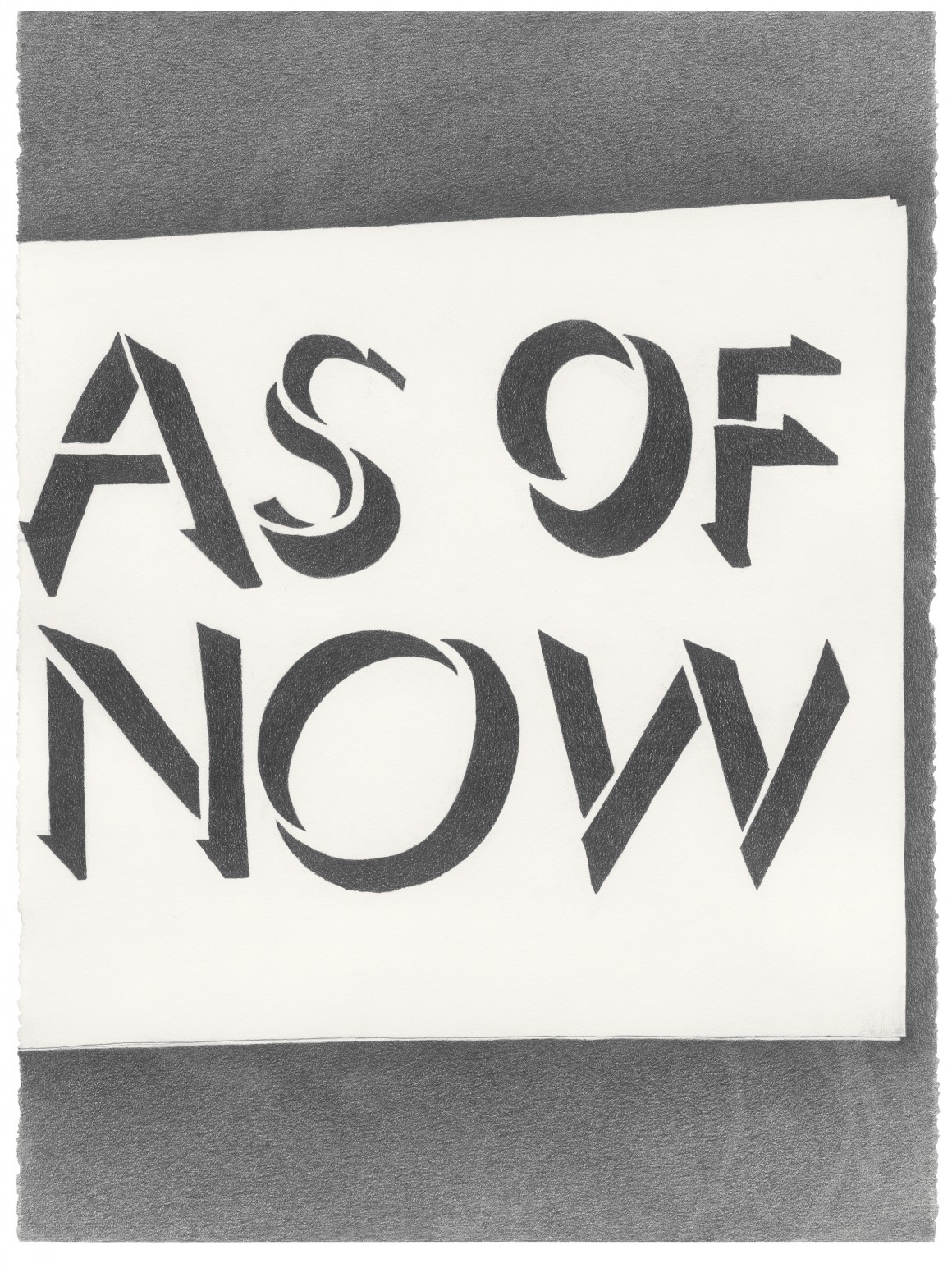November 14, 2013 – January 25, 2014
Curator: Vincent Bonin
In collaboration with Dazibao
Berwick Street Collective, Andrea Fraser, Jean-Luc Godard, Group Material, Peter Halley, International Defence and Aid Fund for Southern Africa, Gareth James, Mary Kelly, Karen Knorr, Jon Knowles, Duane Lunden, Thérèse Mastroiacovo, Anthony McCall, Anne-Marie Miéville, Claire Pajaczkowska, Philip Monk, Laura Mulvey, Jeff Preiss, Yvonne Rainer, Andrew Tyndall, Jeff Wall, Ian Wallace, Jane Weinstock, Peter Wollen
Exhibition Opening
Wednesday November 13, 5:30-7:30 pm
Reception at 7 pm
A gap always manifests itself between the publication of a text in one language and that of its translation, or between the inaugural presentation of an artwork in one context and its display in a second.
In this project, presented in two installments, the first at the Leonard and Bina Ellen Art Gallery of Concordia University and the second at the artist-run centre Dazibao, curator Vincent Bonin addresses a manifestation of this phenomenon of deferred reception: the way in which a body of theoretical texts by French philosophers was assimilated in Anglophone art milieus from the late 1970s to the present. However, Bonin maps this trajectory of “French Theory” in an indexical way by alluding to the communities of elective affinities formed by artists, critics and curators during the parenthesis of postmodernism (1977-1990).
D’un discours is divided into five groupings that correspond to the five exhibition areas of the gallery. They are connected together so as to emphasize the already existing links between the protagonists rather than arbitrary spatial or thematic cohabitation. Two of these groupings are devoted to exhibitions organized by artists (Group Material, Mark Lewis and Geoff Miles). Following this strategy, the narrative that unfolded around the inaugural presentation of some works is juxtaposed with their new instantiation (Andrea Fraser, Gareth James). In new works, Montreal artists Jon Knowles and Thérèse Mastroiacovo investigate questions overlooked by this attempt at a historiography.
The exhibition is made possible with the support of the Canada Council for the Arts.
Thérèse Mastroiacovo wishes to acknowledge the Concordia University Part-Time Faculty Association for its support in the production of her work.













